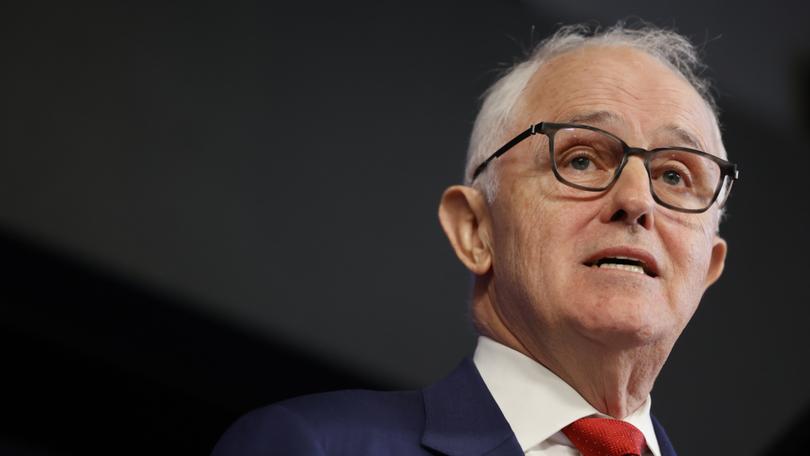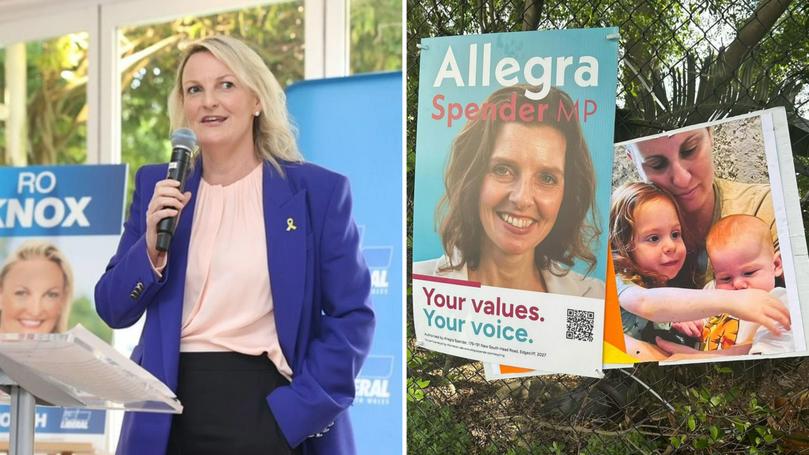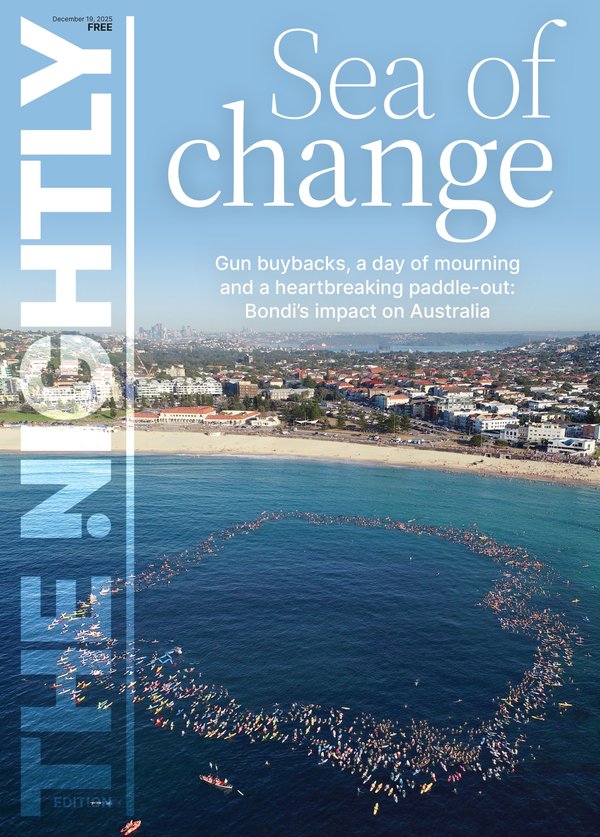AARON PATRICK: Malcolm Turnbull may be planning to vote against the Liberal Party

Malcolm Turnbull did not quite admit he planned to vote against the Liberal Party this election. Common courtesies must be respected, after all.
Asked Tuesday about his voting intentions, the former prime minister deferred to the sanctity of the “secret ballot”. It was as though it would be a breach of privacy to learn six years of criticism of his party had culminated in his vote going elsewhere.
Mr Turnbull lives in the Sydney seat of Wentworth, where a Liberal candidate not unlike a younger version of himself — articulate, commercial and connected — is trying to unseat the electoral juggernaut that is “teal” independent MP Allegra Spender.
Sign up to The Nightly's newsletters.
Get the first look at the digital newspaper, curated daily stories and breaking headlines delivered to your inbox.
By continuing you agree to our Terms and Privacy Policy.“The arrival of the teals is a very healthy development,” Mr Turnbull told the National Press Club Tuesday. “I can see how many campaign workers of mine are walking around with Allegra Spender hats on.”
Daring the Liberal Party
Party membership remains private, but Liberal sources said they believe Mr Turnbull has retained his. Any lesser member would be suspended or worse for a similar quasi-endorsement of the competition. The party hierarchy prefers to ignore the provocations. Some members suspect Mr Turnbull is daring them to expel him, giving him grounds to play the martyr.
Two main views persist inside the party towards their ex-leader. The right wing faction “hates him”, sources said Tuesday. The left faction, which propelled him into The Lodge, is disappointed their great hope has turned against them.
“Imagine asking John Howard who he voted for,” one said, after being told of Mr Turnbull’s non-answer.
While some of Mr Turnbull’s personal supporters from Sydney’s eastern suburbs may have joined the Spender campaign, no long-time party members have been seen in teal T-shirts, according to local Liberals.
Sally Betts, who ran Mr Turnbull’s electorate office and chaired the Liberal Party in the seat when he was prime minister, said she was working for the election of Liberal Ro Knox, a former management consultant.

History of conflict
Mr Turnbull’s party antipathy extends almost to the day he was forced to step down in 2018. For a brief moment he seemed happy to have been succeeded by Scott Morrison. The two men had formed a mutually advantageous alliance early in their political careers.
He soon turned on Mr Morrison, believing the suburban-dwelling Christian to be the architect of his fall. In the years since, Mr Turnbull has become one of the leading critics of Mr Morrison’s signature achievement: Australia’s nuclear submarine deal with the US and Britain, the AUKUS alliance. The Australian Greens is the only other major party to agree with him.
On Monday, Mr Turnbull held a conference of one hundred foreign policy experts in Canberra. He followed up with a nationally televised speech on Tuesday. The objective, it seems, was to build the case for a unilateral repudiation of the submarine alliance. He argues the American vessels are so good, the US will not surrender them to the Royal Australian Navy, even for a king’s ransom.
“Will we ever get them?” he said. “There is very little prospect of us doing so.”
Managing Trump
A lot depends, in the medium term, on Australia’s relationship with President Trump. So who can manage the unpredictable president better: Anthony Albanese or Peter Dutton, Mr Turnbull was asked.
“I honestly couldn’t pick between them,” he said. “It’s really hard to say.”
But Mr Dutton has one big disadvantage, according to Mr Turnbull: his political tribe is so pro-Trump that it would be harder for him to stand up to the US President.
Which sounds like the Liberal Party will not get Mr Turnbull’s vote this election.
Aaron Patrick is Chief Writer and the author of Ego, Malcolm Turnbull and the Liberal Party’s Civil War.

